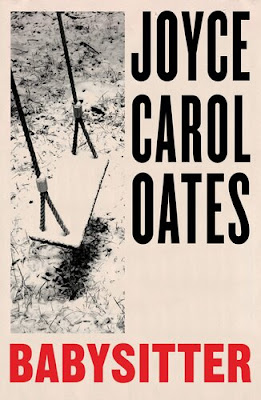“What We Can Know“ by Ian McEwan:
At the age of 77 McEwan has done it again!
What We Can Know is one of the best he has written lately, following his Lessons from 2022, which I found beautiful beyond measure, or before that, his Machines Like Us from 2019, which also left a lasting impression.
His work consists of a high number of superbly and astonishingly well executed novels with fascinating topics. This is most sophisticated entertainment of a high order. His latest now surpasses even that. It gave me so much pleasure.
What We Can Know teems with life and is full of ideas.
There are passages on neurology, on A.I., on climate change, on nature, on biography, on memory, on literature, poetry and art. There is a love story, of course there is.
There are beautiful executed character studies, there is violence, a murder, a neglected child, there are misunderstandings, misgivings and betrayals.
There is a propulsive plot.
There is abuse, misinterpretation and satirical class portrait.
There is dystopia, a world war, a deluge, a new world order, a derangement. There is melodrama.
What We Can Know divides into two parts, each covering the same events a century apart. In the first half, there is the search for a buried treasure, and in the second a shocking revelation.
Part One takes place in the future, the year is 2119. The narrator is Thomas Metcalf, a humanities professor, who teaches literature at an institution focused on science and maths.
The planet has been decimated. A chain reaction set into motion by populist leaders let to resource wars, an A.I. run amok, nukes gone astray causing tsunamis and millions of dead. America has become a wasteland. The remains of the UK now is an archipelago of scattered small islands within a turbulent sea. What’s left of libraries and museums has been moved to higher ground. The human store of digital knowledge is maintained in Nigeria.
Thomas Metcalfe, his period of interest being 1990 to 2030, becomes interested in a 2014 dinner party in rural England, given in honor of Vivien Blundy’s 50th birthday. Her husband, the great poet Francis Blundy, a fictional iconical figure considered to be the best poet of his time and a fierce speaker of the climate change movement, reads aloud A Corona for Vivien, a complex masterful poem dedicated to her. He gives her the only copy, written on a piece of vellum and that copy disappears.
By studying all material available to him, including emails, journal entries and letters of the participants of that evening, Tom builds a portrait of the evening and the 21st Century. Guests arrive, drinks are drunk, fires lit, lively conversation and laughter is heard around the table, old enmities are dragged to the surface.
This portrait is a speculative product of his attempt to imagine the past and leads to the question implied by the book’s title: What can we know?
How do memory, perception and belief form our realities? What happens when certainty escapes? What do biographers owe their subjects. What and how much can we really know about the past. This tale, looking on our time from the future, encourages us to think about our present era historically.
Over the decades, the missing poem’s reputation has grown and a myth and even a movement has formed around it. The poem, never seen by public eye, is considered to be the ultimate in poetry, the great lost poem of the climate crisis, a priceless treasure of art. It may be buried. Tom and his lover Rose decide to go on a search for it.
Part Two is a personal journal written in our time by the poet’s wife, Vivien Blundy, who was present throughout the events the researchers of Part One know of only by second-hand.
Vivien’s tale makes clear that the people of 2119 scraped only at the surface and were ignorant of the shocking details of an action that was the secret pivotal point for all that occurred next, including the composition of the poem. Many of the assumptions about the famous dinner were incorrect.
Both approaches of these same events, one from the future, one from the present, show that an accurate, true account of what really happened, can only go so far.
This is a very careful novel, not only driven by a propulsive plot. There is, a trademark of McEwan’s, complex characterization, where everyone has both positive and negative traits. There is beautiful prose, emotion and drama and a plethora of significant ideas to ponder.
One thing that What We Can Know does is make one nostalgic for the present.
And it is with regret one looks on the image the young of the future must have of us. For them we are morally corrupt idiots who ruined everything.














